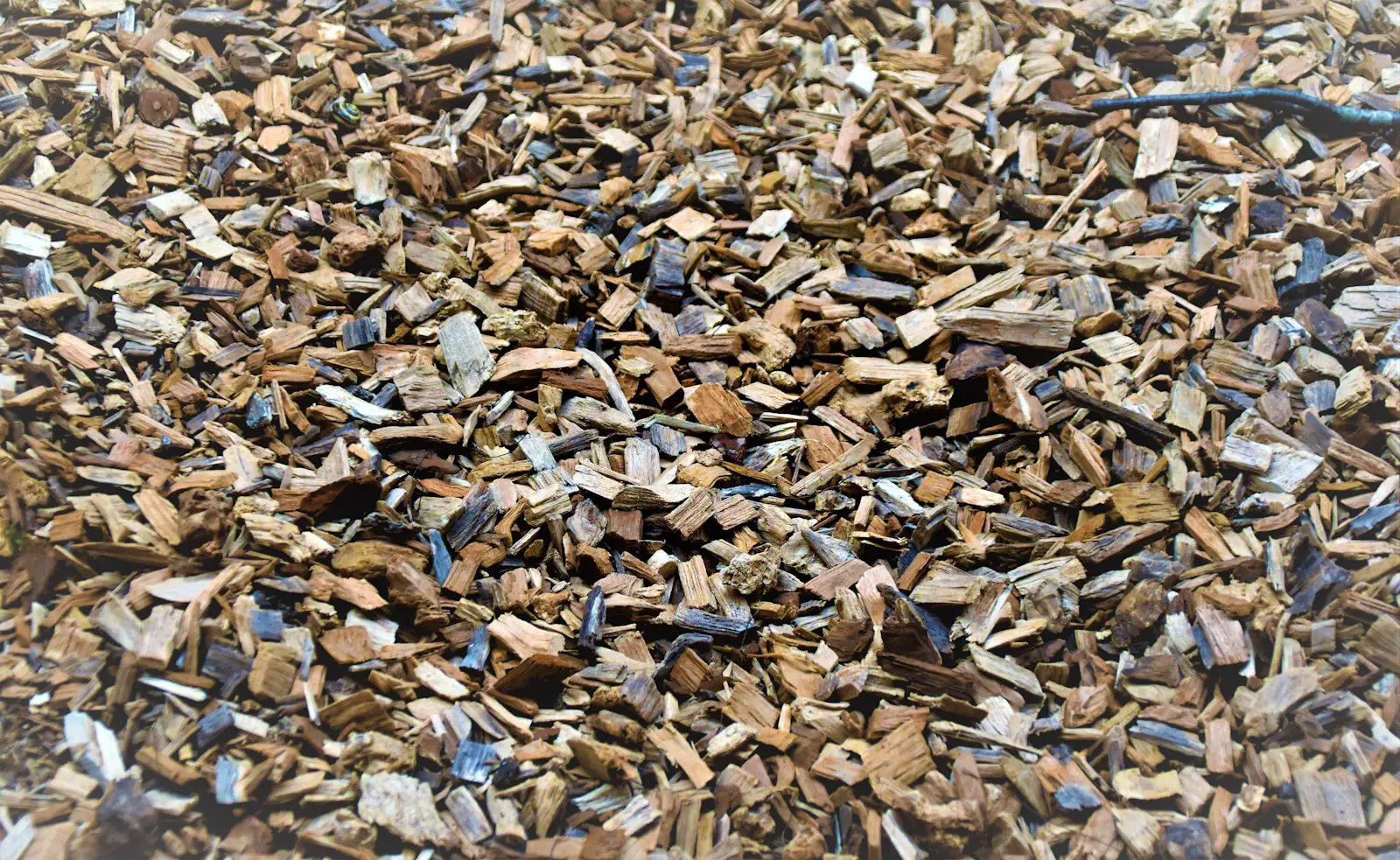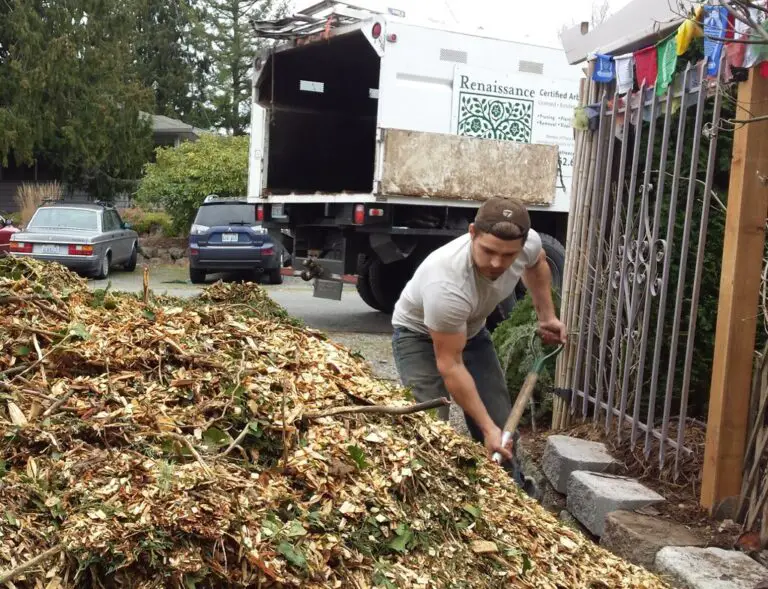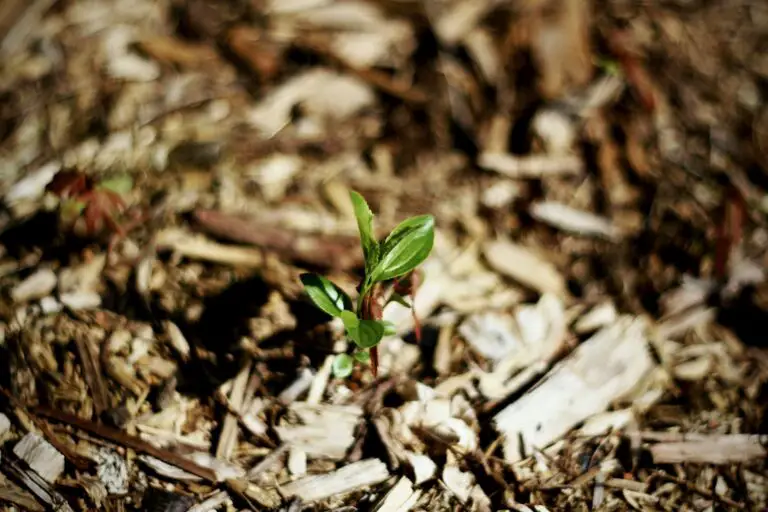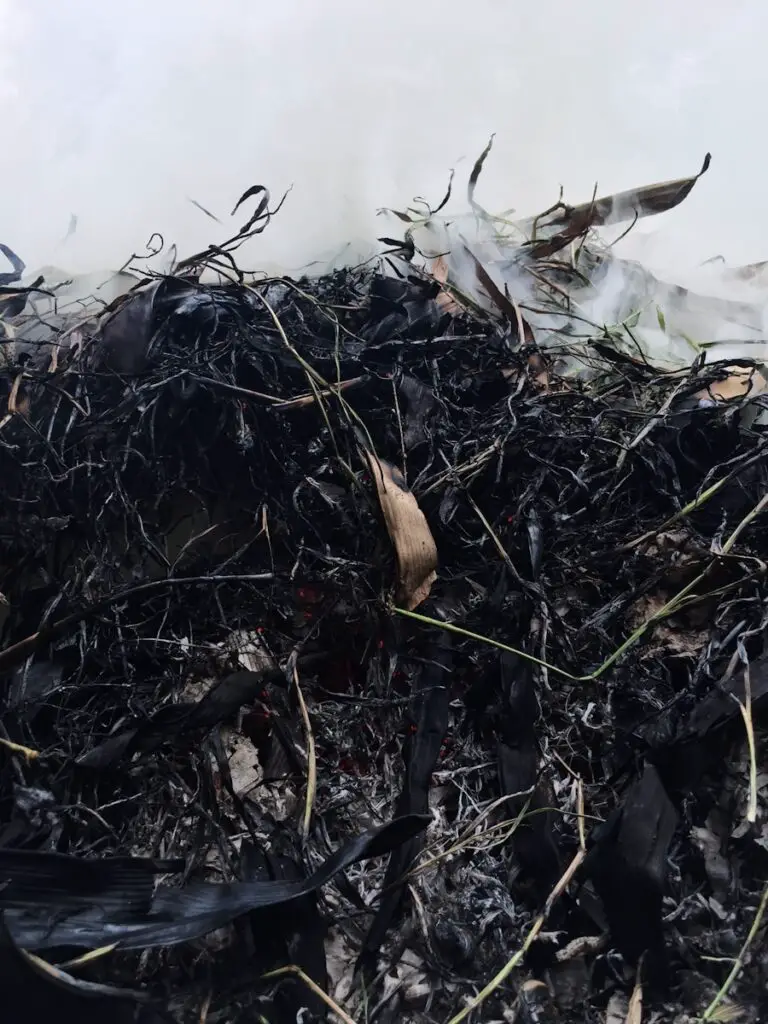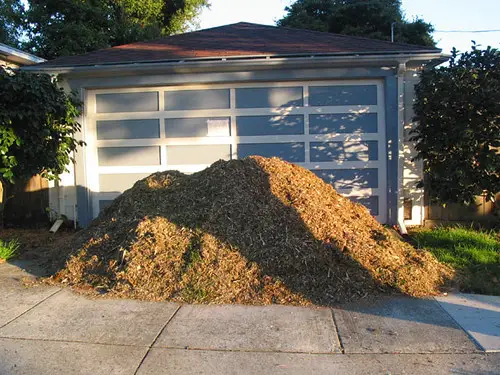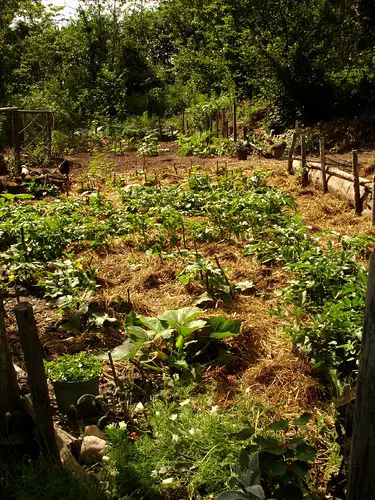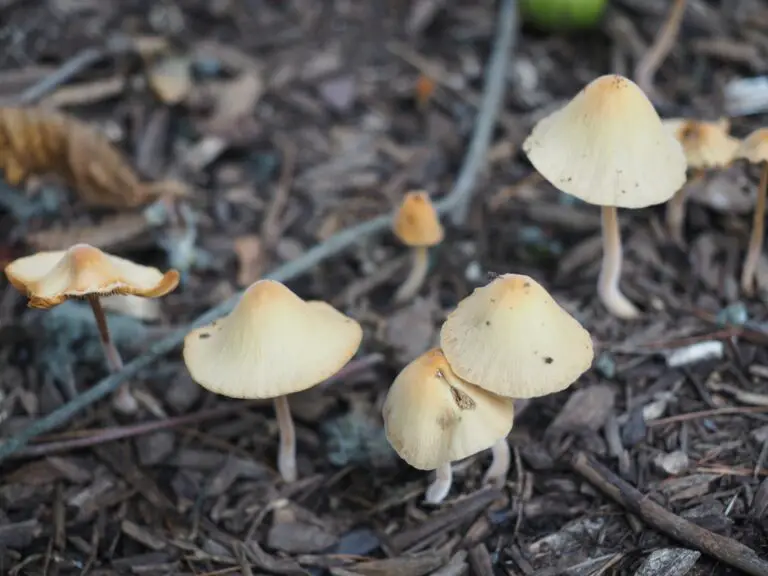Mulching Tips for Lush and Healthy Container Gardens
Container gardening holds a special place in the hearts of many urban and suburban dwellers. It’s a beautiful blend of nature and space efficiency, allowing plants to thrive in the most unlikely corners of our homes. But container gardening comes with its unique set of challenges – one of the most significant of which is maintaining the health of our plants in a limited, often more harsh, growing environment. This is where mulching comes into play, a technique that can transform the game for container gardeners.
In this comprehensive guide, we’ll explore the world of mulching specific to container gardening. We’ll touch on the benefits of mulching, different types of mulches suitable for containers, mulching techniques, and how to overcome common challenges. Whether you’re just starting out with container gardening or looking to level up your green-thumb game, the mulching strategies you’ll find here can make all the difference in the health and vibrancy of your plants.
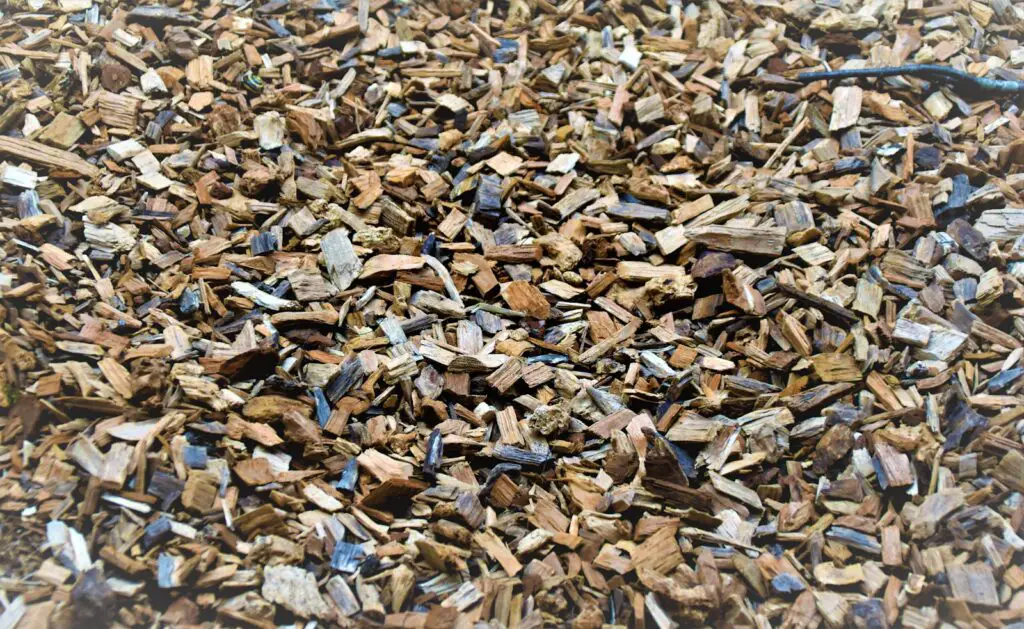
Benefits of Mulching in Containers
Mulching isn’t just a pretty accessory for your potted plants; it’s a powerhouse technique that can significantly enhance their well-being. Here are some compelling reasons to include mulch in your container gardening routine:
Moisture Retention
Especially critical for container plants, moisture retention reduces the frequency of watering, a chore that can be particularly demanding in the hot, dry conditions many containers are subjected to. Mulches form a barrier on the soil surface that slows down evaporation, ensuring your plants have access to moisture when they need it most.
Weed Suppression
Weeds aren’t just unsightly; they compete with your plants for resources like water and nutrients. A layer of mulch effectively blocks out light and space for weeds to grow, which is essential in the confines of a container where every inch counts.
Temperature Regulation
Container gardens, especially those perched on balconies or terraces, can experience extreme temperature fluctuations. A layer of mulch acts as an insulator, protecting the soil and roots from direct exposure to the elements, whether it’s a scorching sun or a chilly breeze.
Nutrient Preservation
Mulches shield the soil from direct impact and runoff, which can carry away vital nutrients. Over time, organic mulches break down into the soil, further enriching it with organic matter that nourishes your plants.
Types of Mulch for Containers
Choosing the right mulch for your container garden is a balance between functionality and aesthetics. Here are a few options to consider:
Organic Mulches
Organic mulches come from once-living sources and include materials like straw, shredded leaves, and compost. They’re excellent at improving soil structure, retaining moisture, and returning nutrients to the soil.
Inorganic Mulches
Inorganic mulches, such as pebbles, crushed stone, and landscape fabric, offer longer-lasting weed control and have the added benefit of not breaking down and adding to the organic content of the soil. These mulches are particularly popular for succulent and cacti containers where moisture is the enemy.
Each has its place, but organic mulches tend to be more versatile, fitting the bill for most plants’ needs in the average container garden.
Mulching Techniques for Maximum Impact
The art of mulching is more than just dumping material into a pot. Here’s how to lay mulch properly for optimal effect:
Proper Layering
Aim for a mulch layer that’s around 2-3 inches deep. If you’re using a fine mulch, like compost or straw, be gentle when spreading it to not compact the soil. For chunkier materials such as pebbles, ensure the layer isn’t too thin to allow light to penetrate through.
Maintenance Tips
Mulch may shift or degrade over time, especially if you’re watering vigorously or experiencing heavy rain. Check your mulch regularly and top up as needed to maintain the right depth and coverage.
Mulching Frequency
How often you need to reapply mulch depends on the type of mulch, the local climate, and the specific needs of your plant. A good rule of thumb is to check your mulch layer every month and to fully replace the mulch about once a year, or whenever you refresh your plant’s soil mix.
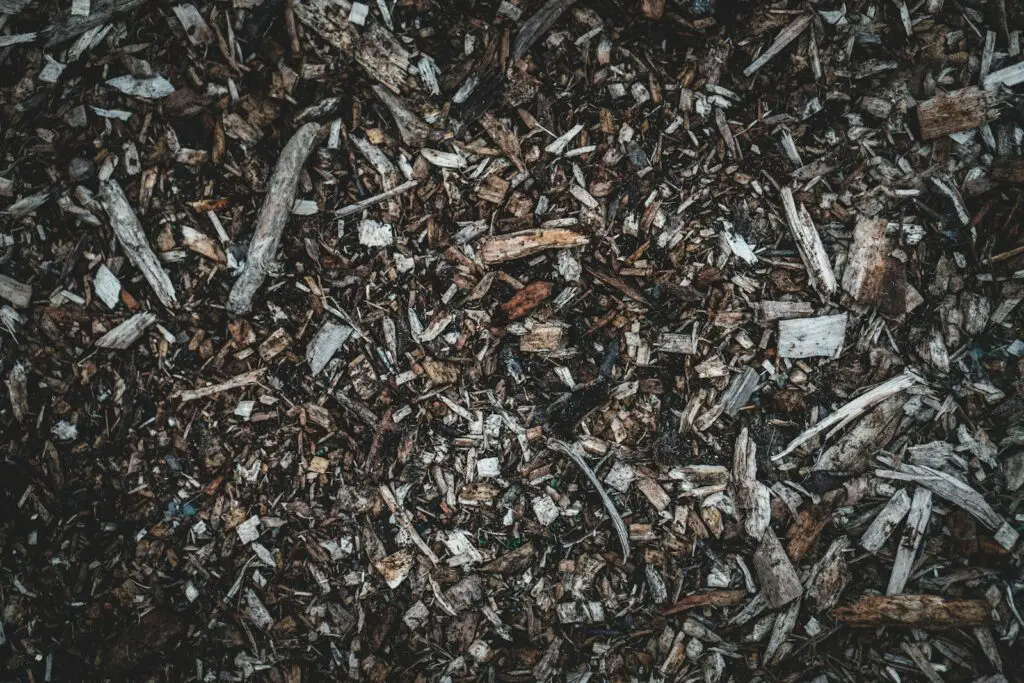
Mulching Challenges and Solutions
Even with the best intentions, mulching can sometimes lead to unexpected problems. Here’s how to troubleshoot common issues:
Over-Mulching
Believe it or not, too much of a good thing can be problematic. An excessively thick mulch layer can block water and air from reaching the soil, which can harm your plants. If you’re worried you’ve gone overboard, gently rake the mulch to create pockets for water to penetrate and consider removing excess materials.
Mulch Breakdown Prevention
Organic mulches break down over time, which is fabulous for soil health, but not so much for consistency in the look of your garden. You can slow the decomposition down by choosing coarser organic materials or mixing in some inorganic components like pebbles to give it longevity.
Pest Control Strategies
Some critters may find mulch a little too comfortable of a home, especially wood-based mulches. To deter pests, keep your mulch layer well-maintained, remove any decaying plant matter, and consider using pest-repelling plants or natural pest remedies to keep unwelcome guests at bay.
Conclusion
Mulching is indeed one of the unsung heroes of the gardening world. In the intimate setting of your container garden, the right mulch can be a catalyst for healthier, more abundant plant growth. It’s a dynamic tool that can make the difference between a garden that survives and one that thrives.
Remember, the key to successful mulching is knowledge and observation. Understand your plant’s needs, the environment they’re in, and how the mulch is affecting the ecosystem within your container garden. By applying the principles you’ve learned here and staying attentive to your garden’s cues, you’re well on your way to reaping the multitude of benefits mulching has to offer in your container oasis. Happy gardening!

